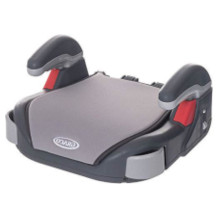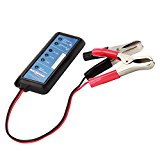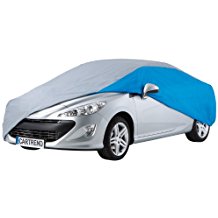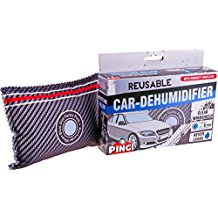Ultrasonic marten repellent purchasing advice: how to choose the right product
- What you need to know
- Ultrasonic marten repellents drive away the intruder with the help of ultrasound or high voltage.
- Marten damage in cars can even lead to engine damage.
- When martens nest in roofs, they disturb our night’s rest.
- The reason for the animals’ aggressive behaviour is the scent of rivals.
Beastly annoying lodgers in house and car
The car won’t start, strange noises come from the attic at night: a cute little predator, the marten, is often responsible. The curious animal likes to hide in engine compartments or false ceilings and causes damage there, especially to cables, hoses and insulation material.
Marten damage is not only associated with the consequential costs of repair, it also causes considerable danger in some cases. Damaged cables and hoses in the vehicle can cause the engine to overheat, resulting in engine damage. Bitten-off rubber sleeves can affect the steering of the vehicle after some time.
Some homeowners are woken up at night by rumblings in the attic. The reason for this is often a marten that has made itself at home in the false ceiling. There, the animals burrow tunnels through the roof insulation. It is even more annoying when the small predators gnaw on pipes or electricity and aerial cables. In addition, martens store their food and do their business under the roof, attracting maggots and flies.
Owners of houses and cars are therefore looking for ways to get rid of the uninvited guests or to prevent marten damage. Killing the animals with a trap is out of the question, because martens are subject to hunting laws. An ultrasonic marten repellent is a better alternative. This is a device that uses ultrasound or high voltage to scare the marten away so that it prefers to look for another hiding place. This way you avoid unnecessary visits to the garage and expensive bills.
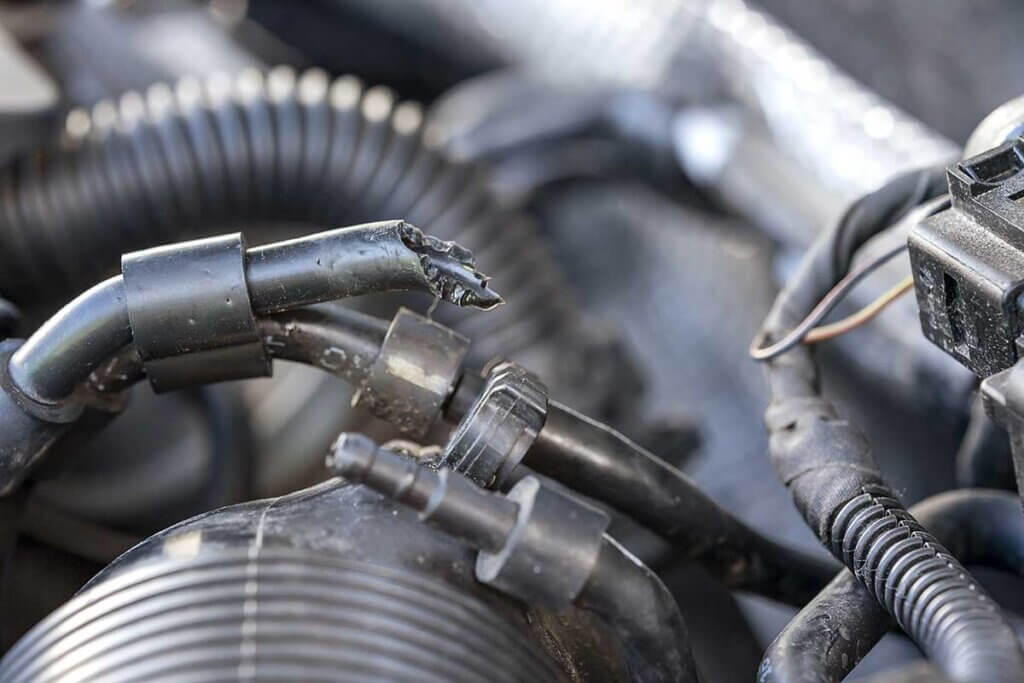
How does an ultrasonic marten repellent work?
An ultrasonic marten repellent is a small, electrical device designed to protect an area from martens. There are two principles of operation: Ultrasound and electric shocks. Some ultrasonic marten repellents are also equipped with an additional flashing light that frightens the nocturnal animals and makes them flee.
Ultrasound
An ultrasonic marten repellent emits high-frequency tones that are inaudible to adults but extremely unpleasant, though not dangerous, to martens. The high-pitched tones make the animal run away, thus protecting engine compartments and false ceilings from marten bites. These devices are inexpensive, easy to install and well suited for larger areas.
A disadvantage of the ultrasonic method is that many younger people and especially pets also perceive the annoying sounds. In addition, it is not always easy to find the right spot for the device. Sound can be blocked by obstacles, of which there are several in the narrow engine compartment.
High voltage
Ultrasonic marten repellents equipped with high voltage are extremely effective in protecting cars. Many small contact plates are fixed in the engine compartment and connected by cables. If the marten touches one of the plates, it gets a shock. For this to happen, the contact plates must be distributed in the engine compartment in such a way that the nimble animal cannot simply bypass them. The installation is complicated by the fact that the plates must not come into contact with other metal parts in order to avoid a short circuit. Attention is required during installation so that they do not slip later. If installed improperly, the electric ultrasonic marten repellent can damage the car’s electronics. Vehicle owners are advised to have it installed by a workshop.
The marten – a nimble little predator
The term “marten damage” is often used in a generalised way. Strictly speaking, it is the stone marten that bites cables and damages insulation. It is a very adaptable cultural predator that finds good living conditions where people live. Since it can climb very well, it easily finds its way into cars and attics. The animals live solitary lives and are crepuscular and nocturnal. For this reason, humans hardly ever see them. If you do meet a stone marten, you will recognise it by its grey-brown fur with a light patch on its chest. The animal, also called a house marten, has small ears, a short snout and very sharp teeth.

Why do martens bite cables?
There are various explanations for why martens bite cables. In no case do martens have an appetite for cable tangle, as is sometimes assumed. Rather, the damage occurs when the curious animal examines cables and hoses and chews on them.
When martens investigate new things, they use their teeth and claws to do so. They bite at anything they find interesting. One theory as to why cables are so exciting for the animals is that the rubber lining smells attractive to them and this smell attracts them to the engine compartment.
In addition, martens mark their territory with scent marks. They also set these in engine compartments. The marks themselves do not cause any damage, but they do smell unpleasant. It becomes problematic when car owners park their cars in the territory of another marten. Due to the scent mark of the foreign marten, the car is a provocation. The marten defends its territory by entering the engine compartment and attacking. Sensitive parts such as cables and hoses are bitten in the process. Martens react particularly aggressively during the mating season in spring and early summer. Males in particular defend their territory then.
What you should look for when buying
First and foremost, an ultrasonic marten repellent must effectively drive away the uninvited visitors. For this to work, it depends, for example, on which area is to be protected from the animals. Some devices are better suited for use in the car than in the garden. Pay attention to the following criteria so that you can successfully chase away martens.
Operating principle – ultrasound, high voltage, lightning
When choosing an ultrasonic marten repellent, the area of application plays a role. Devices that are equipped with both ultrasound and high voltage provide a high level of protection for cars and attics. If you want to keep martens out of the garden, however, ultrasonic marten repellents that use high voltage are not very practical because the area of application is simply too large. In such an open environment, ultrasonic marten repellents with flashing light work better.
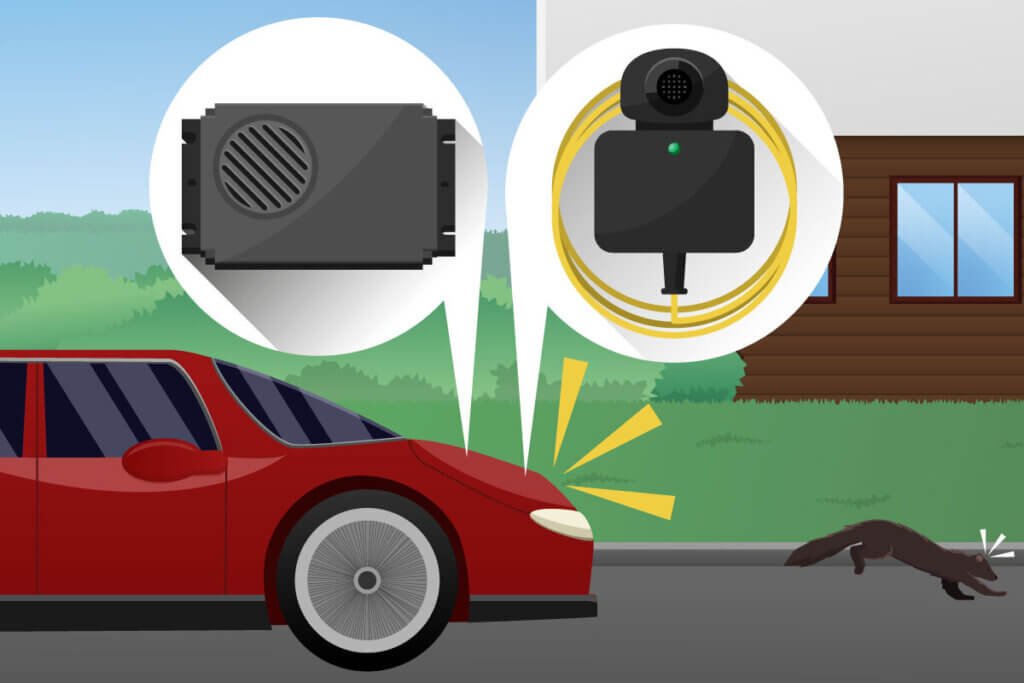
Range
The effective range is especially important for ultrasonic devices and the devices sometimes differ greatly in this aspect. With some ultrasonic marten repellents, the ultrasound only works a few metres away, while others cover an area of 100 square metres and more. So think about the distance you need for your marten problem. For an engine compartment, a few square metres are sufficient. To keep a marten out of the attic, a longer range is needed.
Effectiveness of the device
The ultrasonic marten repellent has the disadvantage that the small predators can get used to the sound. Devices that alternate between different frequencies prevent an habituation effect from occurring and thus repel martens more successfully. High-voltage ultrasonic marten repellents must have enough contact plates. The more of them that can be distributed, the more likely it is that they will be touched and thus have a deterrent effect.
Processing
A good ultrasonic marten repellent should be robust so that it is not damaged by the weather or the marten. When buying, look for a robust housing made of plastic or metal and make sure that it has no cracks or sharp edges. In addition, not all ultrasonic marten repellents are waterproof. This applies, for example, to devices designed for the garage or attic. Therefore, pay attention to the manufacturer’s specifications.
Power supply
An ultrasonic marten repellent needs electricity to function. They either have their own battery or are connected to the car battery. The battery-less models are usually designed for use in the engine compartment and draw power from the car battery via a cable. They require so little power that this does not put a strain on the battery. With these devices, the length of the cable is decisive in order to be able to install the ultrasonic marten repellent flexibly in the engine compartment.
With battery-operated devices, it is the operating time that counts. With a new set of batteries, the ultrasonic marten repellent should be operational for at least half a year. Many models require standard C batteries or button cells. Battery-operated ultrasonic marten repellents are much quicker and easier to install than those with cables. They are particularly suitable for car owners who do not want to interfere with the on-board electronics.
Regardless of the type of power supply, it is very practical if the ultrasonic marten repellent has a light that indicates whether the device is in operation.
Common questions
Most people are probably only concerned with marten repellent after damage has been done. As soon as marten damage is detected, you should report it to your insurance company immediately and arrange for repairs.
What are the signs of marten damage?
It is precisely because marten damage is so difficult to detect that it is important to take precautions with a marten repellent. However, there are some visual and technical clues that alert car owners can use to recognise that a marten has been at work. Paw prints and tufts of fur on the car indicate an uninvited visitor. After opening the bonnet, you should find further signs. Here, too, the marten leaves prints, hairs and, in the worst case, bite and scratch marks. If you suspect a marten, check whether coolant is collecting under the car. The coolant hoses can be checked for marten damage while the engine is running. If water drips out or even a fine jet shoots out, a marten was probably at work. If this is the case, you should definitely not move the car because there is a risk of the engine overheating. If the marten has bitten the ignition cables, the car will not start at all.
What to do after marten damage?
After any marten damage or signs of a marten visit, car owners should have the engine washed. The purpose of this is to remove the scent marks left by the marten. Once these have disappeared, other martens no longer have any reason to attack. Alternatively, a special foam can be used to remove scent marks. Scents in the engine compartment should also be neutralised before taking marten defence measures.
Does the insurance pay in the event of marten damage?
The usual motor vehicle liability insurance does not pay in the event of marten damage. Normally, partial and fully comprehensive insurance will pay for direct marten damage, i.e. bite marks or severed hoses. Consequential damage is not covered. Check your contract, because some partial coverage insurances exclude marten damage completely. Insurance companies with good rates also cover the costs of consequential damage (e.g. engine damage), which can amount to several thousand euros.
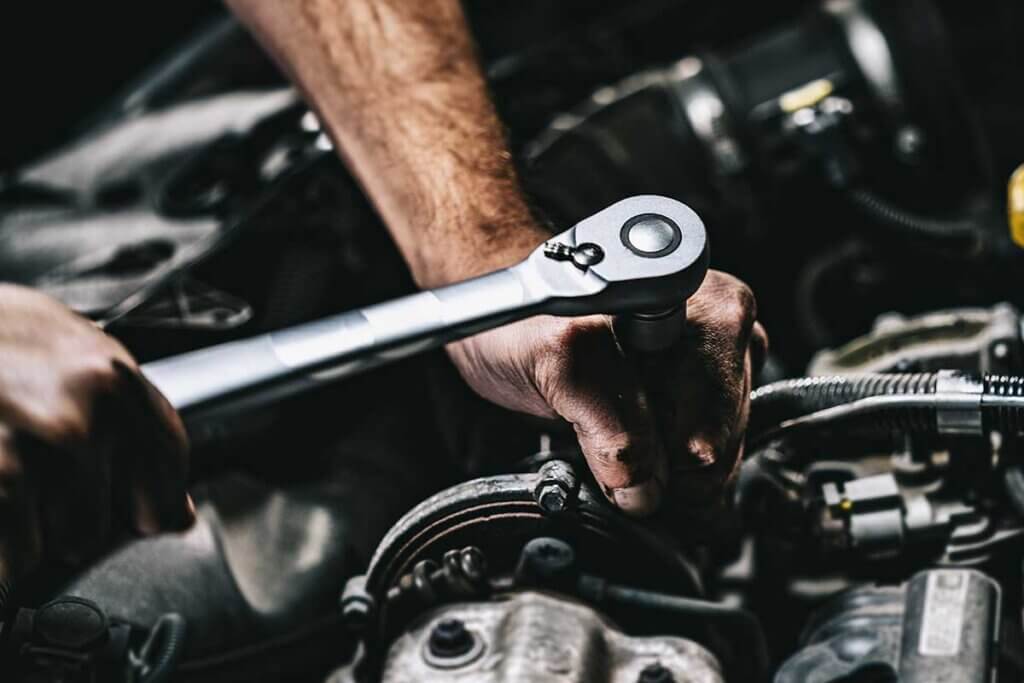
Does an ultrasonic marten repellent also help against raccoons?
Today, it is difficult to determine how exactly the raccoon came to Germany. In the meantime, the population has reached a size of several tens of thousands of animals. The strongholds of the North American immigrants are Hesse and Brandenburg. They not only like to rummage through rubbish bins, but like martens they also have the habit of nesting in attics. There, the animals, which are also nocturnal, cause damage or disturb the sleep of the house inhabitants. An ultrasonic marten repellent can help here, because the high-pitched sounds are also unpleasant for the raccoon’s hearing. If this does not have any effect, models specifically for repelling raccoons are also available.

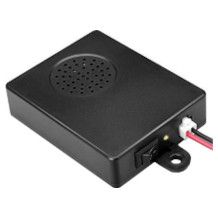
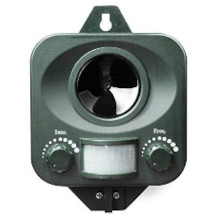
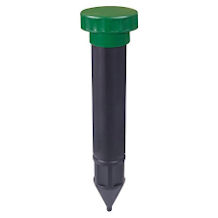
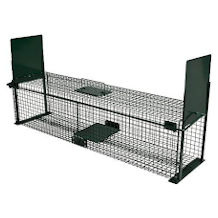





 1,718 reviews
1,718 reviews
